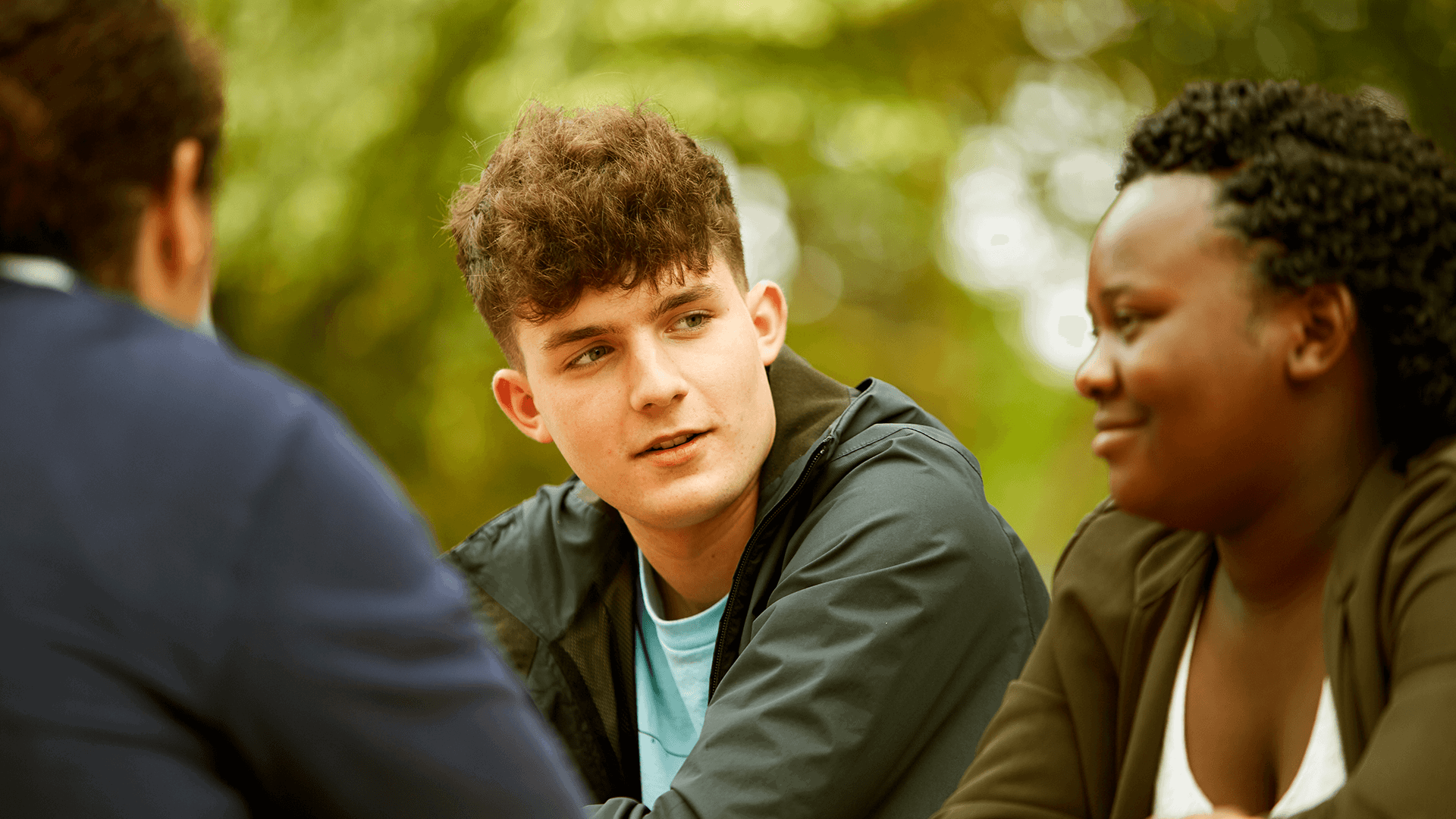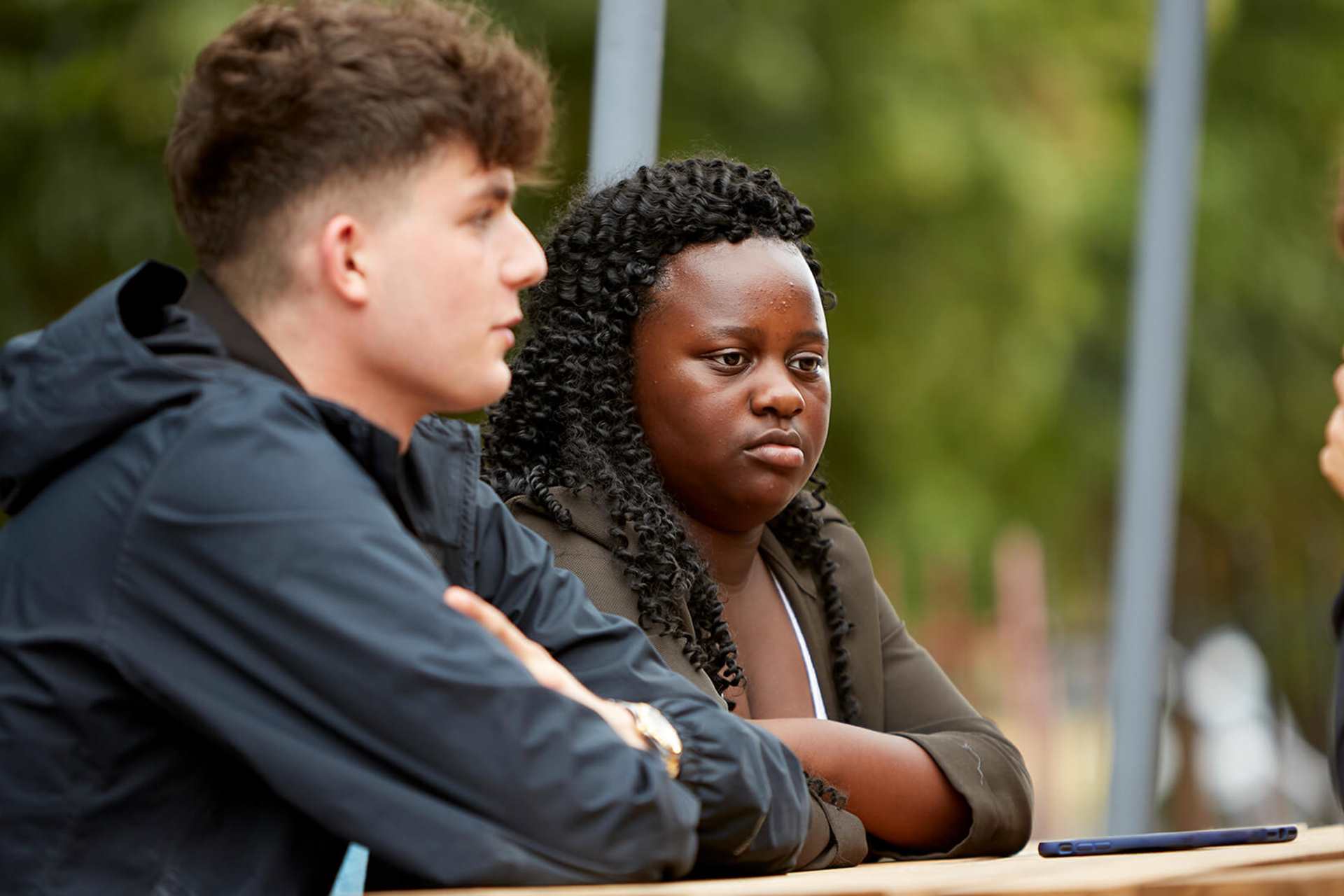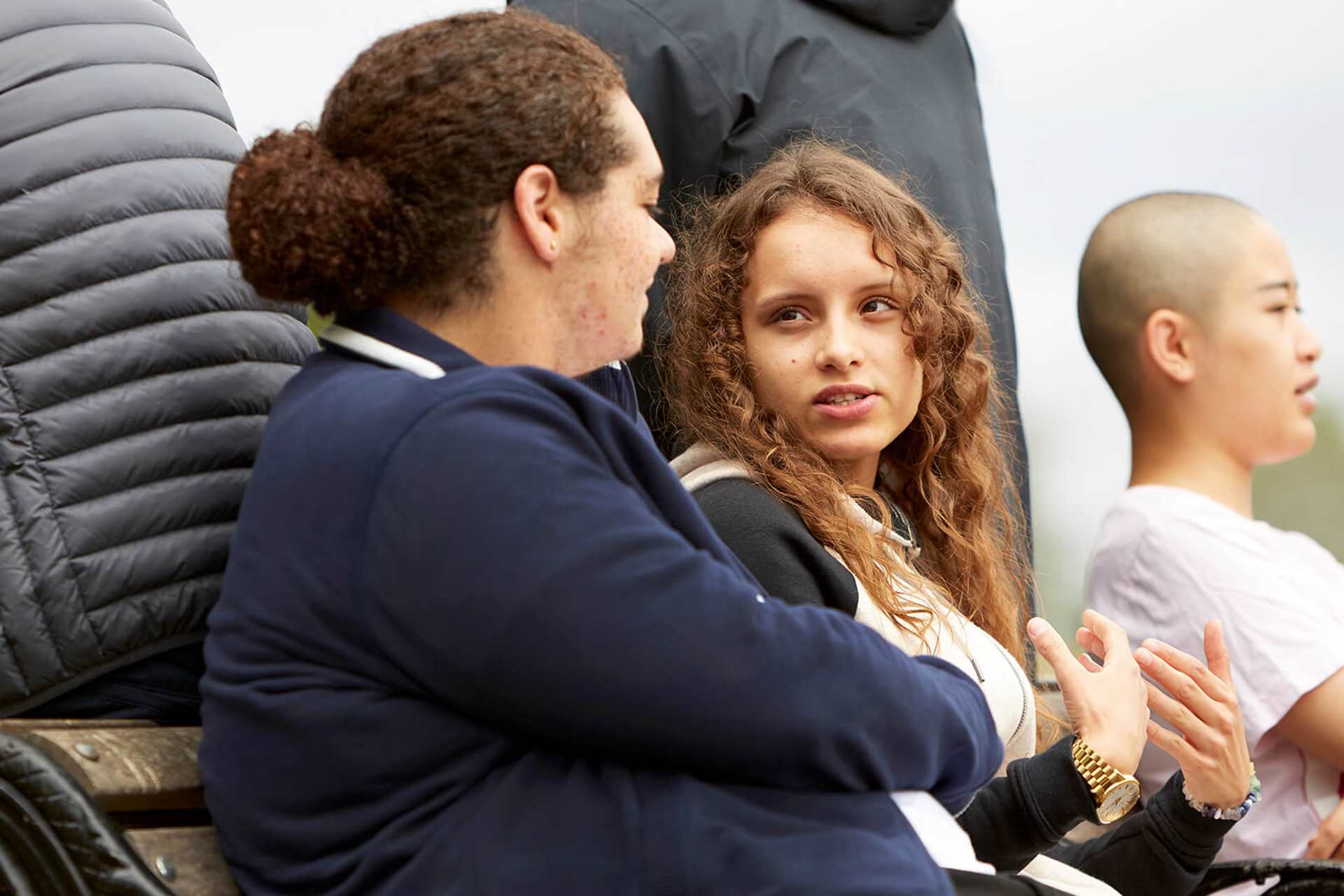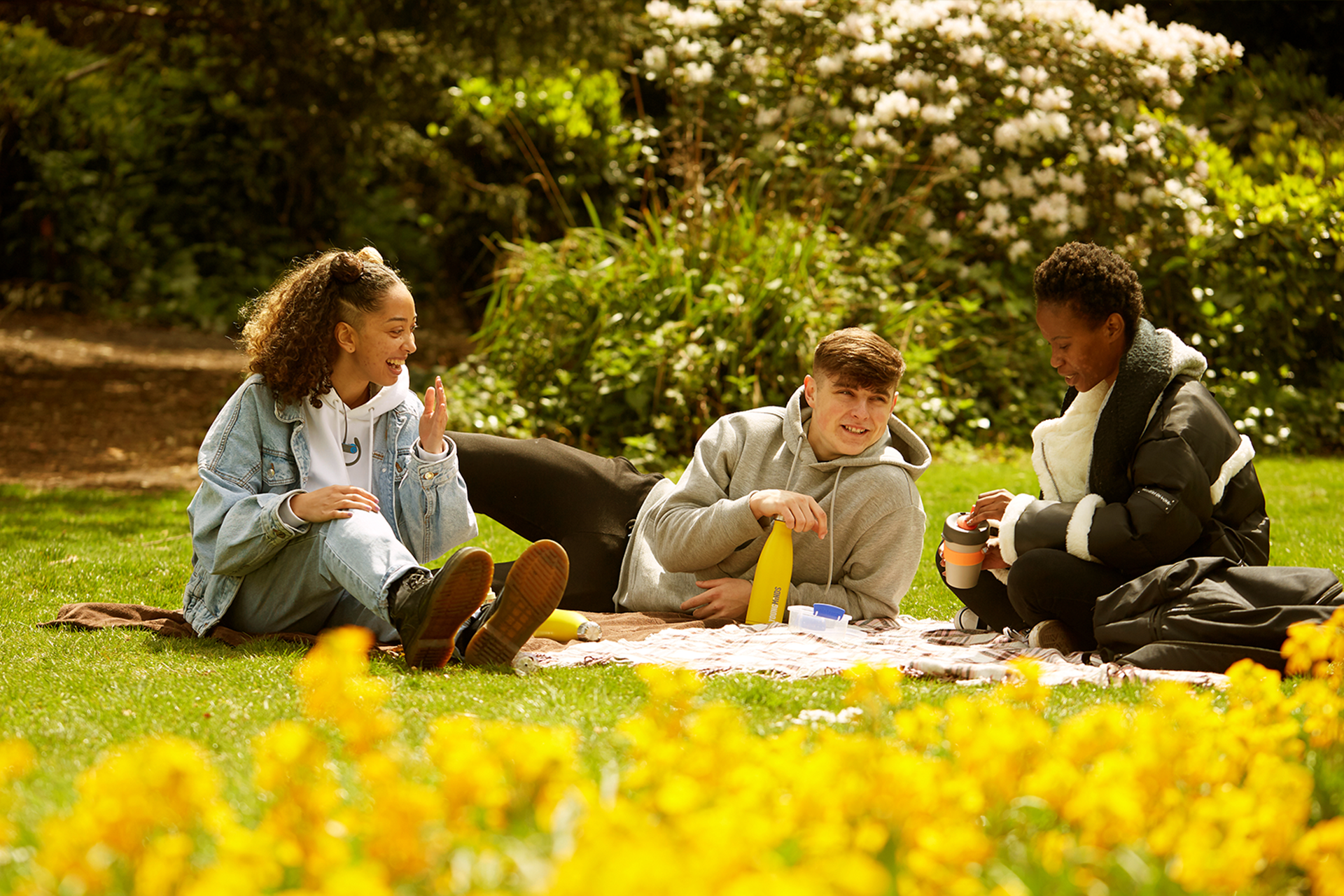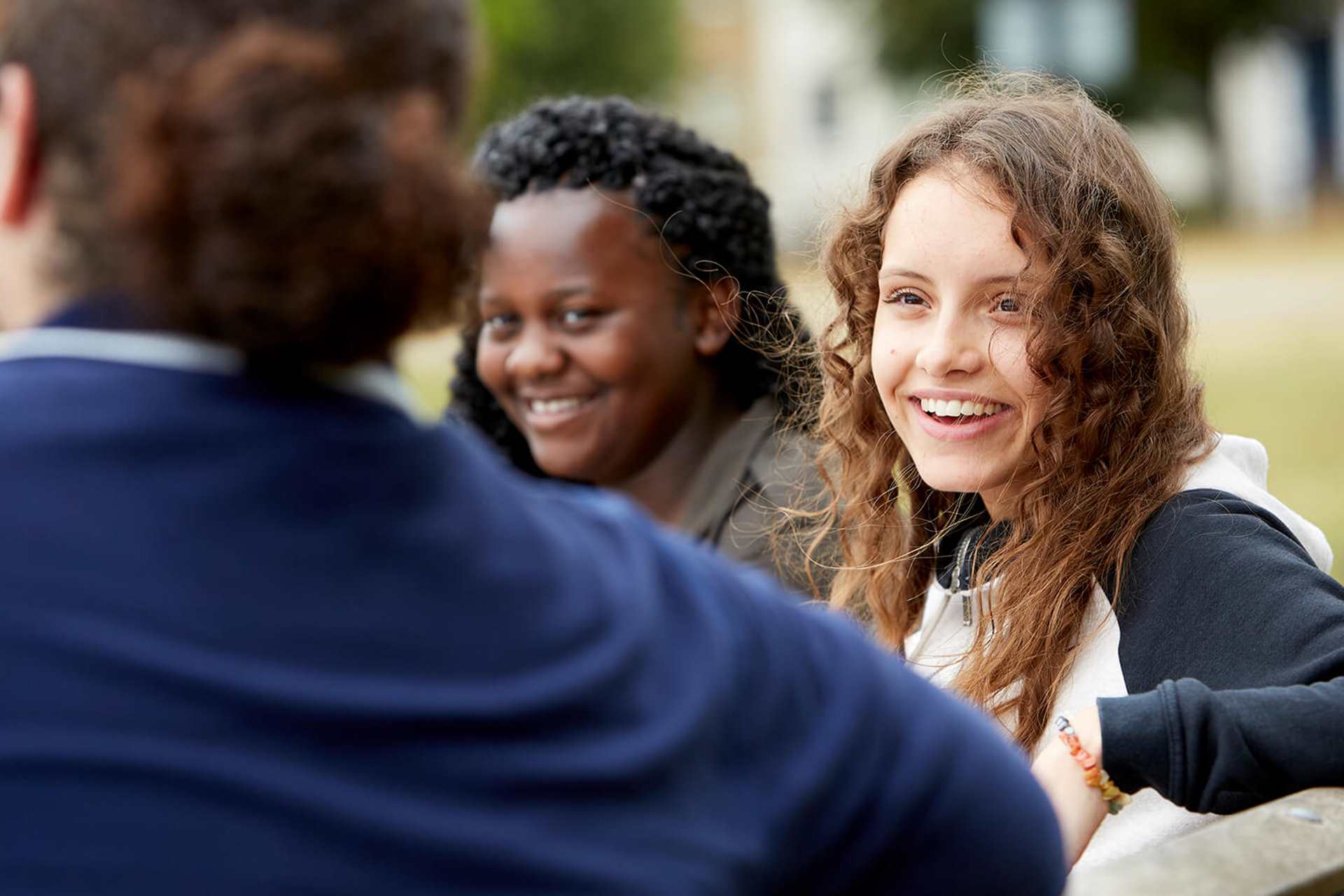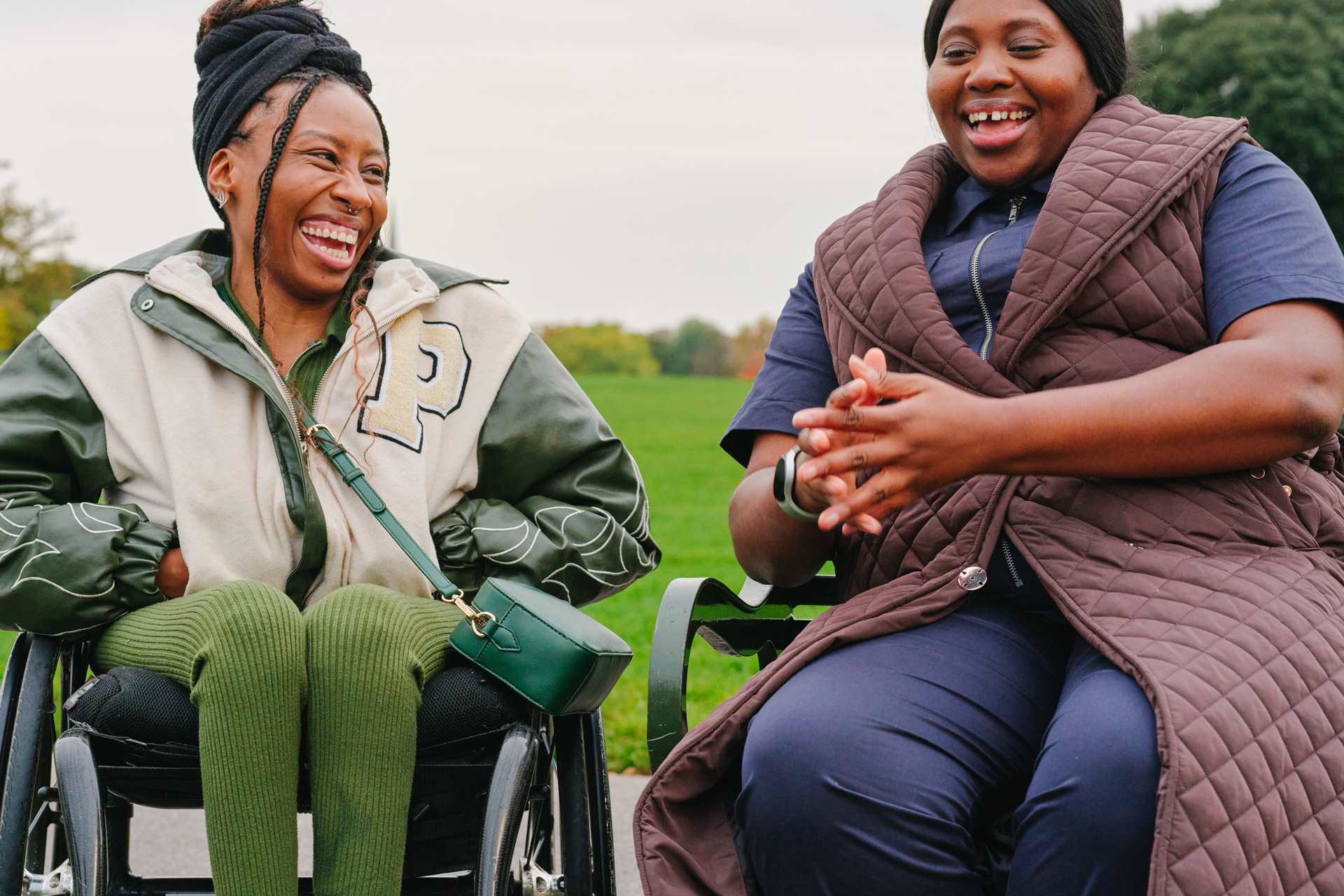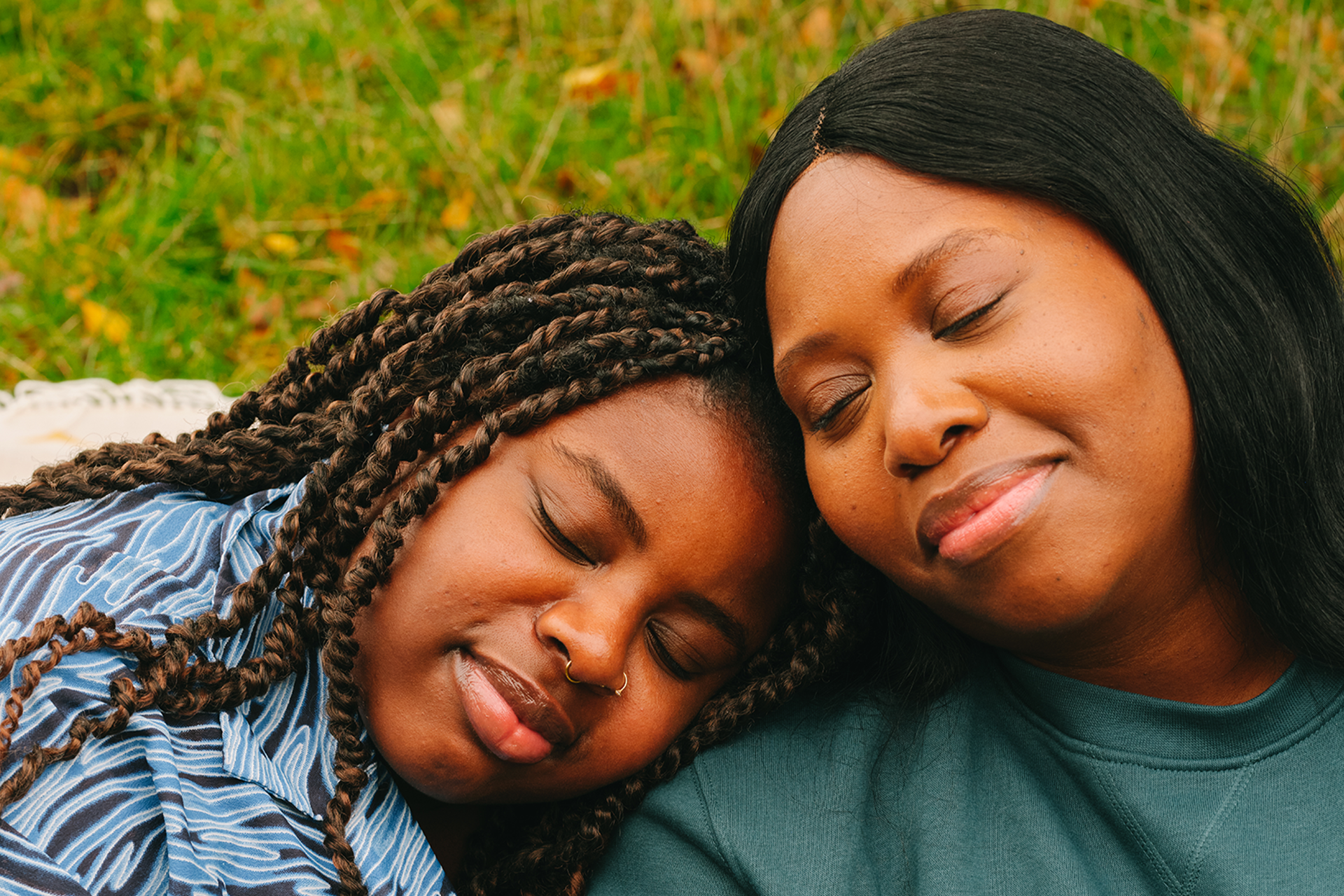Topics mentioned: disability and mental health, CAMHS
About: Liam shares his journey of living with Functional Neurological Disorder (FND) since childhood, from losing his ability to walk and speak to rebuilding his life and finding hope for the future.
My name is Liam and for almost ten years I’ve been battling Functional Neurological Disorder, also known as FND. I was diagnosed with severe FND in 2016, which left me bedridden, unable to move or speak. Now, I’m pushing to raise awareness about the illness that changed my life. This is my story, which I’m proud to be sharing with YoungMinds.
Functional Neurological Disorder (FND) is a condition that affects how the brain receives and sends information to the rest of the body. Symptoms can include paralysis, seizures, speech difficulties, sensory issues and cognitive problems. Up to 100,000 people in the UK have FND, but there’s still a lack of understanding. As of yet, there’s no cure, but symptoms can improve over time.
Before FND I was happy and healthy. In 2016 when I was 13, I started to experience sudden and severe FND symptoms. Within a few days, I lost my ability to walk and talk. I was then rushed to hospital, where I spent four months on a children’s neurological ward. At first, the doctors were baffled by my mystery illness and said I had an unknown disorder.
I struggle to remember my time in hospital – the early days of FND and life before it is a blur. FND stopped me from knowing. It completely shut my brain and body down. Eventually I was diagnosed with severe FND. I was very poorly and needed 24-hour care. Due to the severity of my FND I was unable to walk for five years, was bedridden for three years and I couldn’t talk for a year.
FND has affected not only my physical health but my mental health too. There have been times my symptoms haven’t always been understood. Over the years I’ve been supported by many different types of mental health professionals including psychologists, psychiatrists, mental health and psychiatric nurses. I was supported by CAMHS for four years as well as a specialist team from Great Ormond Street. There were many parts of this journey I found difficult, like the transition from CAMHS to adult mental health services, but I managed to find small things to keep me going.
FND has affected not only my physical health but my mental health too. There have been times my symptoms haven’t always been understood.
During my recovery, I found comfort in two things that would later play a role in my rehabilitation journey: the city of London and the ITV show Loose Women. It was my dream to visit London and to meet the Loose Women, but I wasn’t well enough to go.
Eventually, after three long years, my physical symptoms started to improve. My first outing in years was to collect my new wheelchair from hospital – it was only the hospital but to me it felt like a whole new world ready to explore. Then, when I was finally well enough, I managed to achieve my dreams of visiting London and meeting the cast of Loose Women. The moment I arrived in London it was amazing. It was everything I had seen, heard and imagined. I’ve been back many times since to my favourite place and visiting the city has become part of my rehabilitation. The Loose Women heard about my story and sent me a video message. Then a few months later I was invited to the show and met some of them. Since then, I’ve been back lots of times and met 15 Loose Women!
Then, when I was finally well enough, I managed to achieve my dreams of visiting London and meeting the cast of Loose Women.
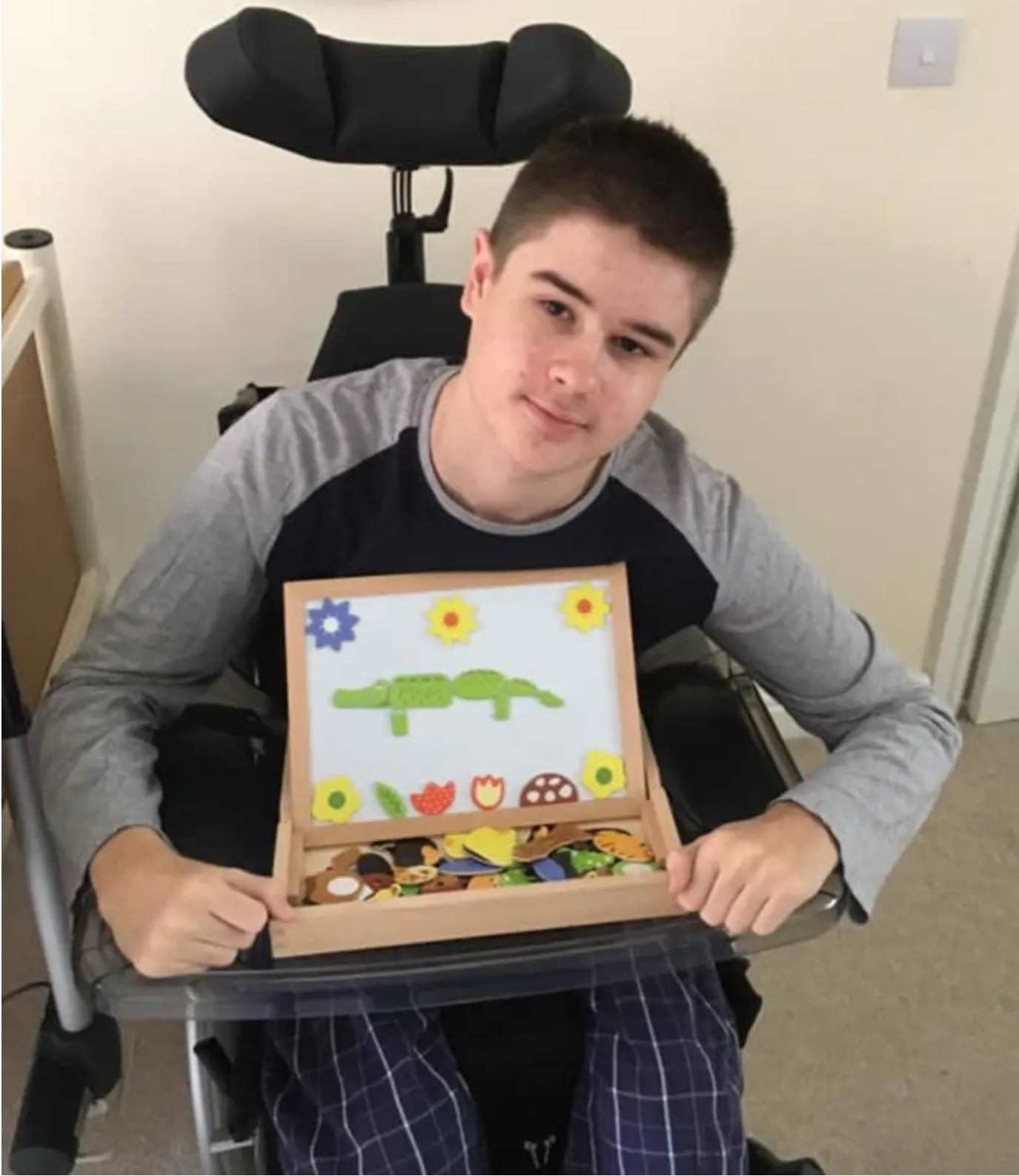
Me learning to use my arms again in late 2019.
Although this was a huge achievement, there are still parts of FND that I battle with every day. I found that once my body started to slowly recover, I would experience these overwhelming difficult feelings. It was explained to me by a psychologist that for all those years when I was locked inside my mind and body, all my feelings were trapped too – now that my body is starting to move again, so are my feelings. I can experience these emotions daily. I’ve tried many different strategies to manage those feelings, like a feelings chart, talking therapy, writing down how I feel and getting out and about.
Nine years on from my life changing illness, I’m learning to walk again. I still have difficult days, but I’m determined to raise awareness about the illness and not let it define me. FND took my voice, body and freedom, but it hasn’t taken my determination. Even when everything feels lost, you can still find a way forwards.
In recent years, I’ve made huge progress in regaining my mobility and speech. I’m rebuilding my life, and the future is looking brighter because I know that if I can get through all of that, I can get through anything.
I still have difficult days, but I’m determined to raise awareness about the illness and not let it define me.
Here I am:
- standing unaided in my happy place London
- achieving my dream of meeting the Loose Women
- exploring my favourite city
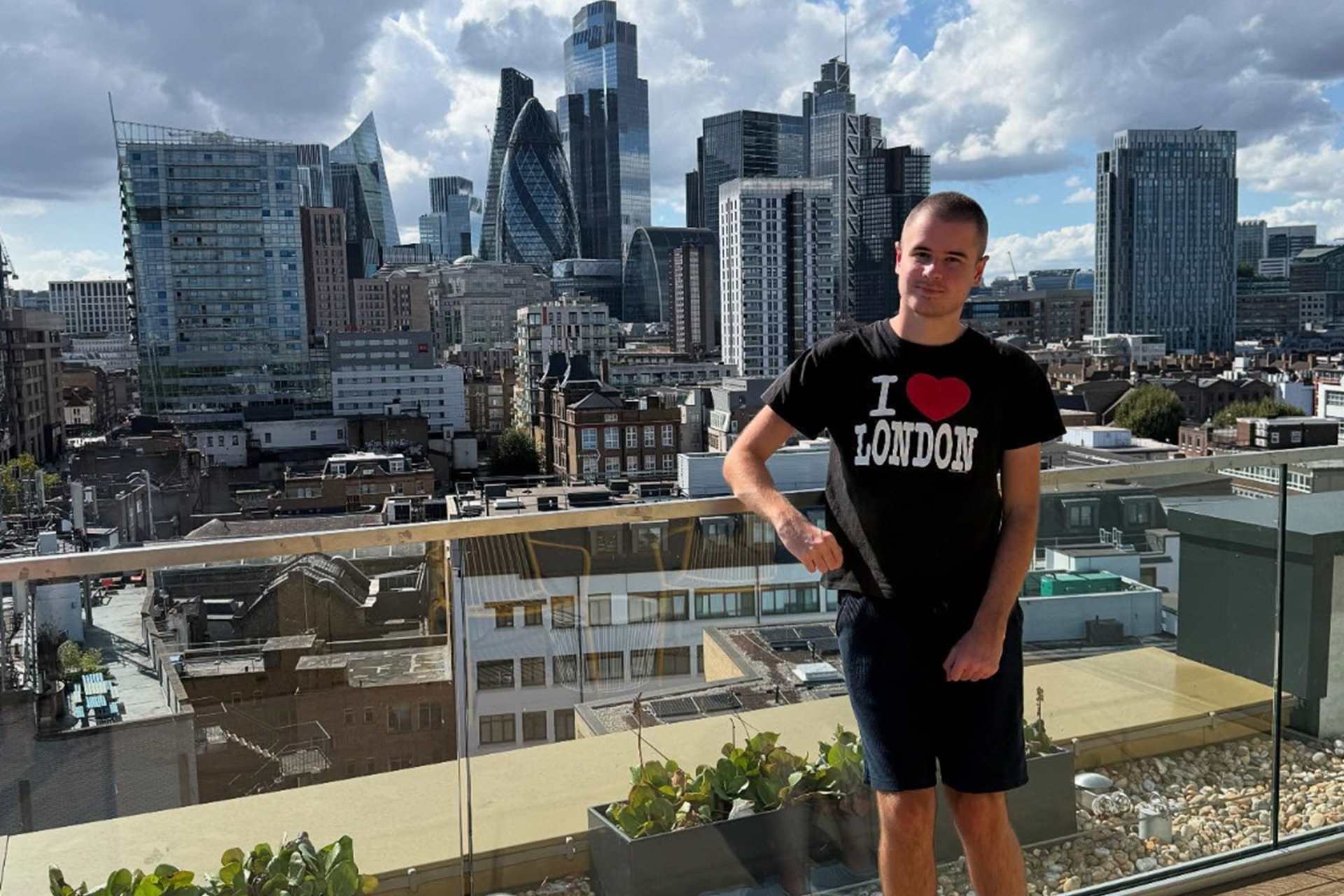
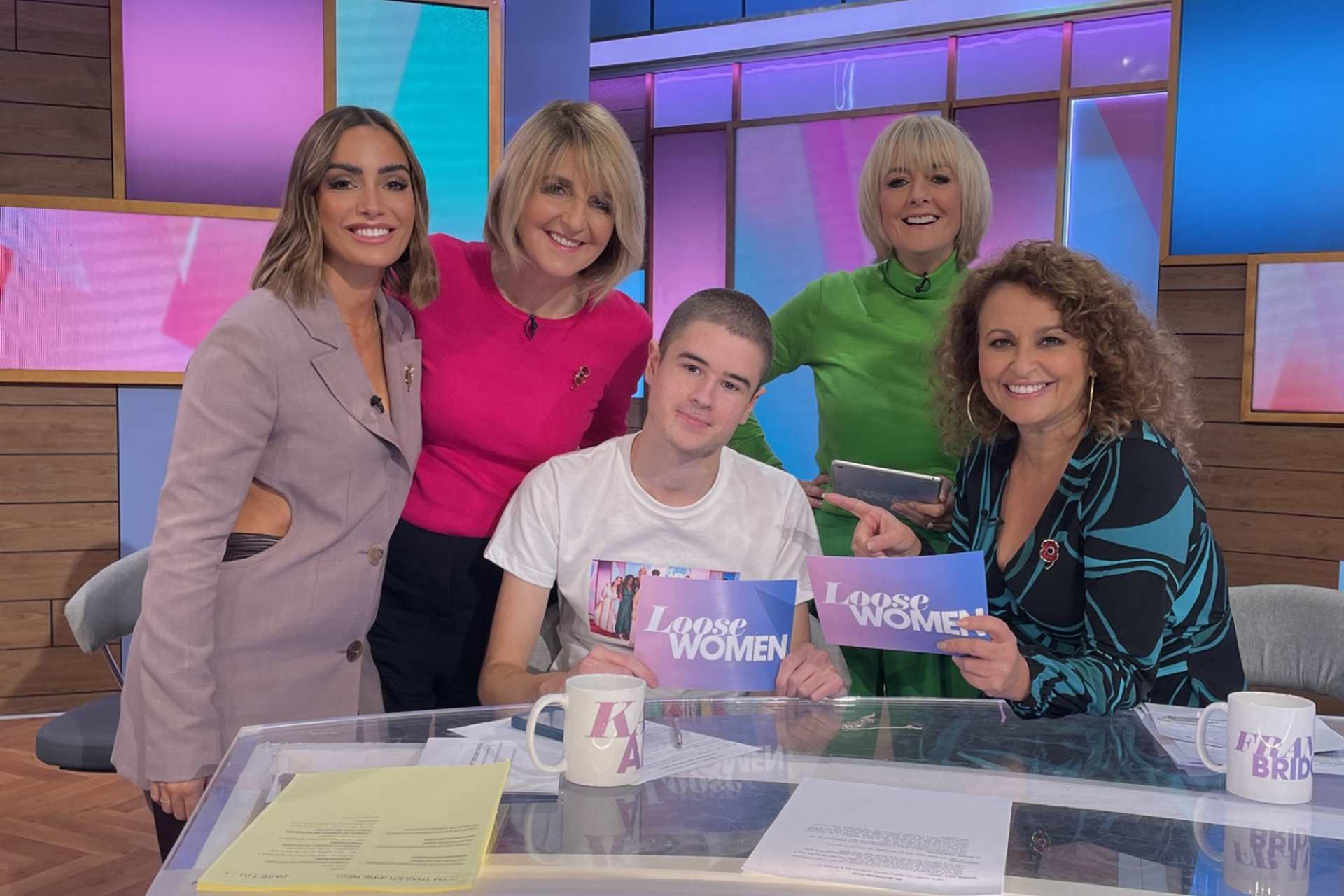
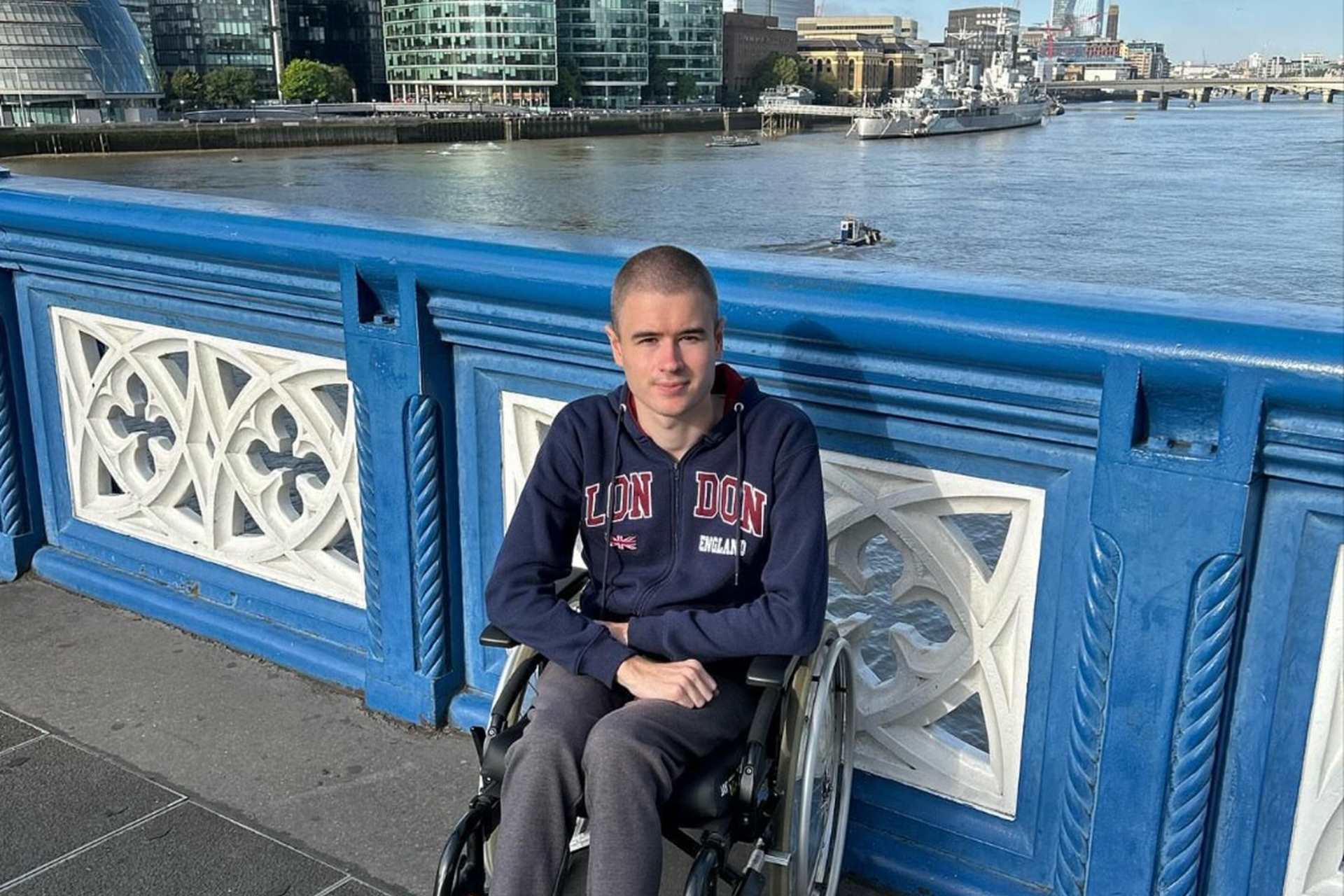
FND caused my brain and body to shut down when I was 13, leaving me trapped inside my own body. But from somewhere, I found strength and resilience to fight through. It’s been a long, painful and isolating journey, but I’m learning to live with FND – and I’m determined to never give up hope for the future.
More information and advice
We have tips and advice to help you find the support you need. Take a look at our guides.
Where to get help
However you're feeling, there are people who can help you if you are struggling. Here are some services that can support you.
-
Childline
If you’re under 19 you can confidentially call, chat online or email about any problem big or small.
Sign up for a free Childline locker (real name or email address not needed) to use their free 1-2-1 counsellor chat and email support service.
Can provide a BSL interpreter if you are deaf or hearing-impaired.
Hosts online message boards where you can share your experiences, have fun and get support from other young people in similar situations.
- Opening times:
- 24/7
-
Scope
Provides practical information and emotional support for Disabled people.
- Opening times:
- 9am - 6pm, Monday - Friday; 10am - 6pm, weekends
